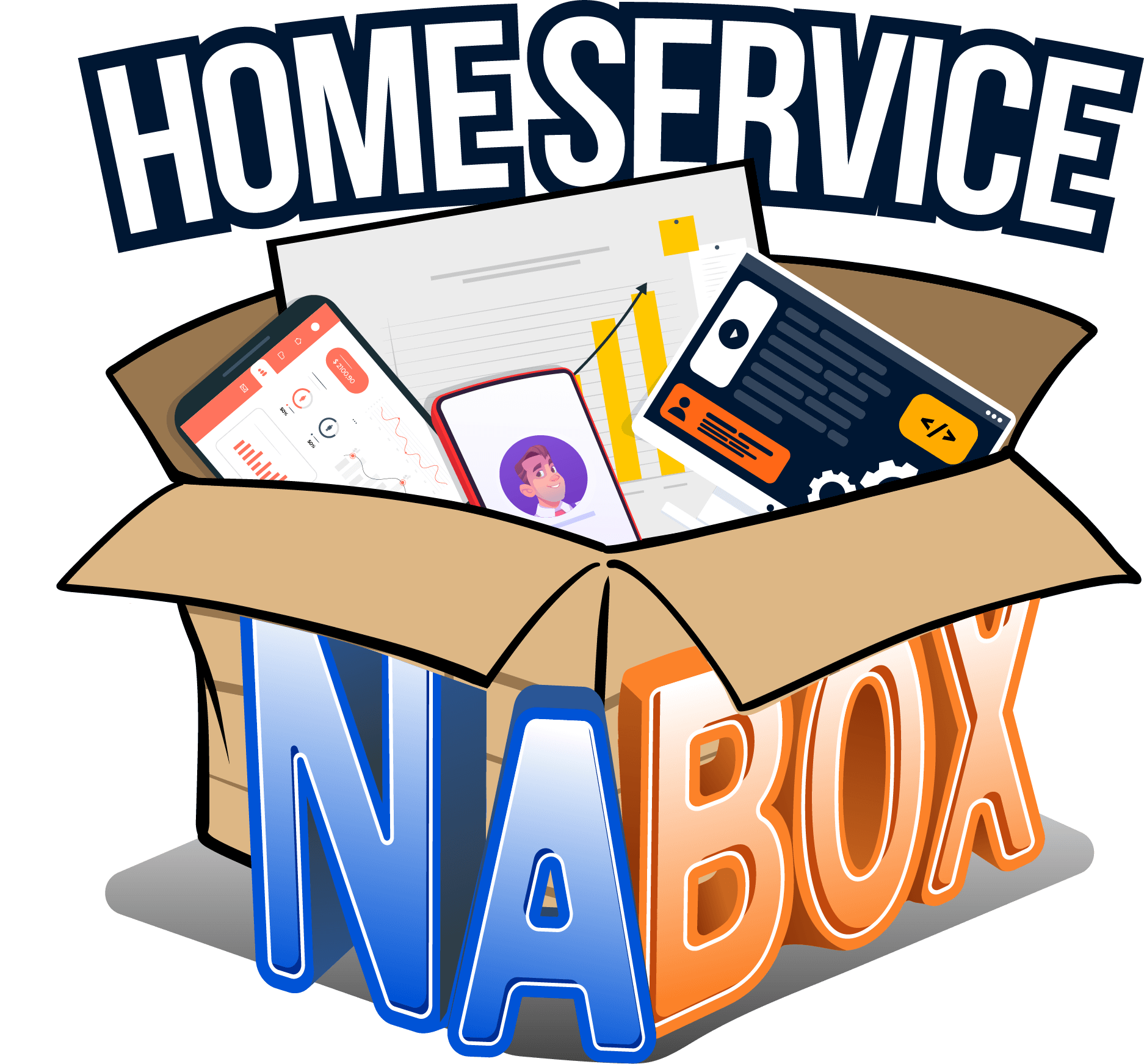
In the competitive world of home services, success hinges on more than just providing excellent service. It requires a forward-thinking approach that anticipates challenges, capitalizes on opportunities, and continuously strives for improvement. Proactive business planning is the cornerstone of this approach, enabling home service companies to stay ahead of the curve and achieve sustained growth. In this blog, we will delve into the power of proactive business planning and how it can transform your home service business.
Key Points Covered 📌
- Definition and importance of proactive business planning
- Key benefits of proactive planning for home service businesses
- Essential components of a proactive business plan
- Comparative analysis of proactive vs. reactive planning
- Proactive business solutions for home service companies
- Fun facts about business planning
- FAQs addressing common concerns
What is Proactive Business Planning? 📅
Proactive business planning involves anticipating future challenges and opportunities and preparing for them in advance. This strategic approach contrasts with reactive planning, which addresses issues only as they arise. By thinking ahead, businesses can create detailed action plans that align with their long-term goals and objectives.
Why It Matters:
- Mitigate risks: Identify potential threats and develop strategies to minimize their impact.
- Seize opportunities: Recognize and capitalize on new market opportunities before competitors.
- Enhance agility: Adapt quickly to changes in the market or industry.
- Improve decision-making: Make informed, data-driven decisions that align with your strategic vision.

Benefits of Proactive Business Planning 🌟
1. Improved Operational Efficiency 🛠️
How It Works: Proactive planning involves evaluating current operations and identifying areas for improvement. This could include streamlining workflows, implementing new technologies, or optimizing resource allocation.
Benefits:
- Reduced waste: Minimize inefficiencies and eliminate unnecessary steps.
- Enhanced productivity: Optimize processes to maximize output with the same or fewer resources.
2. Better Financial Management 💵
How It Works: A proactive business plan includes detailed financial projections and budgets. By forecasting future revenues and expenses, businesses can manage cash flow more effectively.
Benefits:
- Cost control: Keep expenses in check and avoid overspending.
- Financial stability: Ensure sufficient funds are available to meet operational needs and invest in growth opportunities.
3. Enhanced Customer Satisfaction 😊
How It Works: Proactive planning involves regularly assessing customer needs and feedback. By staying attuned to customer preferences, businesses can tailor their services to meet or exceed expectations.
Benefits:
- Loyalty: Satisfied customers are more likely to return and refer others.
- Competitive edge: Providing superior service differentiates your business from competitors.
4. Strategic Growth 🚀
How It Works: Developing a proactive business plan requires setting long-term goals and creating a roadmap to achieve them. This includes identifying key growth drivers and potential challenges.
Benefits:
- Sustainable growth: Grow your business in a controlled and manageable way.
- Market positioning: Establish a strong position in the market by anticipating and responding to trends.
5. Risk Management ⚠️
How It Works: Identify potential risks and develop contingency plans to address them. This could involve diversifying your services, strengthening your supply chain, or building a financial cushion.
Benefits:
- Resilience: Be prepared to handle unexpected challenges and disruptions.
- Continuity: Maintain operations and protect your business during adverse conditions.

Comparative Table: Proactive vs. Reactive Planning
| Aspect | Proactive Planning | Reactive Planning |
| Approach | Anticipatory and strategic | Responsive and tactical |
| Decision-Making | Informed, data-driven | Often hurried and based on immediate needs |
| Risk Management | Identifies and mitigates risks early | Addresses risks as they arise |
| Resource Allocation | Planned and optimized | May be haphazard and inefficient |
| Customer Satisfaction | Tailored and proactive | Reactive and sometimes inconsistent |
Proactive Business Solutions
Implementing proactive business planning can significantly enhance your operations. Utilizing tools like FinOps Scorecards can help you track and manage financial performance effectively. Additionally, On-Site Full Service Business Assessments provide tailored insights and strategies to optimize your business operations. For personalized advice and support, contact us.

Fun Facts 🎉
- Companies with proactive business plans grow 30% faster than those without.
- 60% of small businesses that fail do so due to poor planning.
- Businesses that regularly update their plans are twice as likely to secure funding.
- Proactive planning can reduce operational costs by up to 25%.
- The concept of strategic planning dates back to ancient military strategies.
FAQs
1. What is proactive business planning?
Proactive business planning is the process of anticipating future challenges and opportunities and preparing for them in advance. It involves strategic thinking and detailed action plans to achieve long-term goals.
2. Why is proactive planning important for home service businesses?
Proactive planning helps home service businesses mitigate risks, seize opportunities, improve operational efficiency, and enhance customer satisfaction. It ensures the business is prepared for future challenges and positioned for growth.
3. How can I start implementing proactive planning in my business?
Start by setting clear long-term goals, identifying potential risks and opportunities, and creating detailed action plans. Regularly review and update your plans based on changing market conditions and business performance.
4. What tools can help with proactive business planning?
Tools like FinOps Scorecards can help track financial performance, while On-Site Full Service Business Assessments provide comprehensive insights into your business operations.
5. How often should I review my business plan?
It’s recommended to review your business plan at least annually. However, more frequent reviews (quarterly or bi-annually) can help ensure the plan remains relevant and aligned with your business goals and market conditions.
Proactive business planning is a powerful strategy that can drive growth and operational efficiency in your home service business. By anticipating challenges and preparing for opportunities, you can achieve sustained success and stay ahead of the competition. To learn more about how to implement proactive planning and optimize your operations, visit our homepage.
